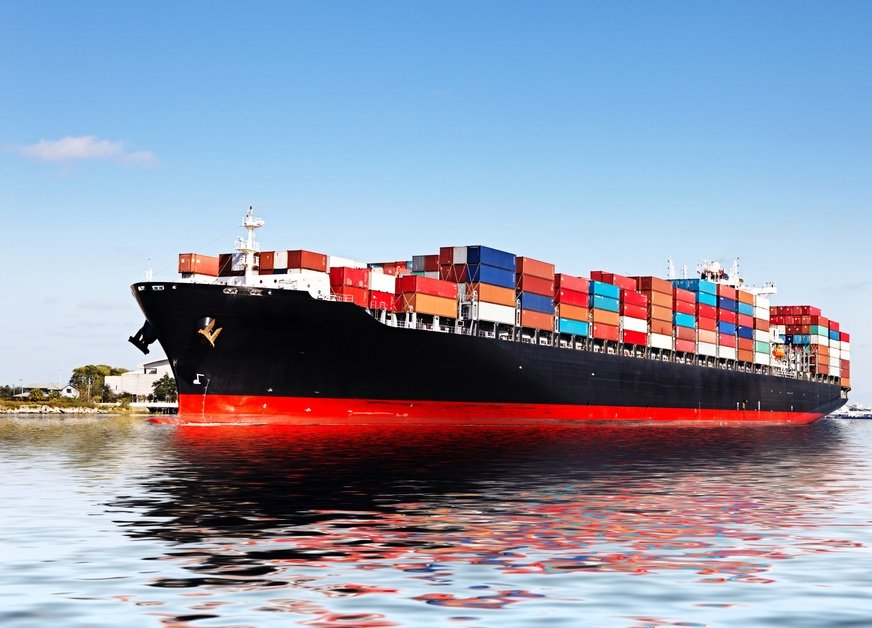
Table of Contents
What is Abandonment in Customs?
Abandonment is the term used to describe the act of abandoning an entire shipment with the intent of not taking the risk of the shipment being seized. If a shipment is abandoned, the shipper will refuse to take responsibility for the shipment. To put it simply, this is the opposite of “taking delivery” of a shipment. Abandonment of cargo in the port is an offense in most countries..
Types of abandonment
There are several parties that can abandon shipments in Customs depending on the model of business operations.
1. Abandonment by the shipper – this can be due to sheer negligence or due to the shipper going bankrupt
2. Abandonment by the carrier – this can happen if the carrier realizes that it will not get paid for transporting the cargo
3. Abandonment by the consignee – this can happen if the consignee is unable to clear Customs or find the goods in the port
4. Abandonment by government authorities – this is a type of forced abandonment by authorities and can be due to many reasons
The consequences of abandonment
Abandonment of cargo is an issue in international trade. In international trade, the concept of abandonment is the deliberate decision to leave a shipment of goods with the country’s customs authorities without the intention to collect the goods. This can occur during transit when the cargo is abandoned at a port of entry, or at a country’s customs office. This means there is no intention by any party to collect the goods, hence it will sit in limbo in the port. In international trade, the consequence of abandonment is that the goods are considered abandoned and the country’s customs authorities may seize the goods or hold them for a period of time.
Conclusion
Customs authorities in most countries can usually auction off abandoned cargo. However, if the cargo cannot be auctioned off, such as in the case of perishables, then Customs will have to destroy the cargo. Customs laws in most countries will also usually have provisions to allow them to charge a responsible party for destruction charges.
| Do you have questions relating to import/export procedures? We provide free email consultations: Contact Us Today |
- SEO Powered Content & PR Distribution. Get Amplified Today.
- Platoblockchain. Web3 Metaverse Intelligence. Knowledge Amplified. Access Here.
- Source: https://www.globalior.com/what-is-an-abandoned-shipment-in-customs/?utm_source=rss&utm_medium=rss&utm_campaign=what-is-an-abandoned-shipment-in-customs



